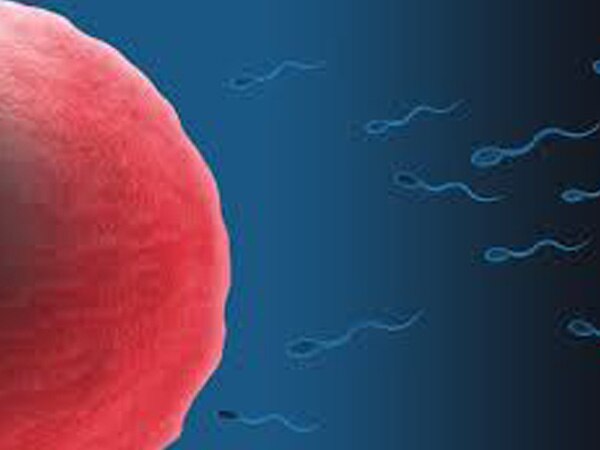
Turning off this gene may affect sperm cell development

Washington D.C. [USA], Oct 11 (ANI): A team of researchers has recently suggested that by turning off the gene - PNLDC1 - which controls sperm production may effectively silence spermatogenesis - process of sperm cell development - in mice.
At the genetic level, the authors identified PNLDC1, a genetic trimmer, as the key in this process. PNLDC1 trims small silencing RNAs that silence transposons, which can be described as genomic parasites.
At the cellular level, the protein encoded by this gene is essential in genomic parasite regulation. Without PNLDC1, male mammals lose the ability to fight transposons. This arrests sperm cell development, and ultimately, at the physiological level, the result is sterilization.
Researchers from Michigan State University in East Lansing, U.S. suggested that the findings could provide a strong lead for future research on human male contraception as well as animal sterilisation - surgery to make a person or animal unable to produce offspring.
Study author Chen Chen said that more than 500,000 men got vasectomies every year.
"There's a huge market for this research and now we further understand the genetic underpinnings of sperm development in mammals," Chen Chen added.
Transposons are kept in check by small silencing RNAs called piRNAs that can recognise and destroy these genomic parasites.
In the case of sperm production, PNLDC1 silences harmful transposons by trimming piRNAs to a healthy length. This keeps piRNAs more stable and effective in fighting against transposons.
Without PNLDC1, male mammals lose the ability to fight transposons.
This arrests sperm cell development, and ultimately, at the physiological level, the result is sterilisation.
The team employed CRISPR/Cas9 technology to produce a genetically modified line of mice lacking the PNLDC1 gene.
Bred without PNLDC1, the mice had fewer sperm and smaller testicles, leaving them infertile.
The researchers also observed that PNLDC1 wasn't overly involved in other biological activities.
Chen said, "This small RNA-based immune system is quite smart. It can detect what sites are producing parasite-infested RNAs, and go there and shut them down," he said.
"So silencing transposons is like fixing a water leak in your house. Rather than stuff a rag into the leak and hope that it works, we went to the source and turned off the water supply," the authors noted.
The research appeared in Nature Communications journal. (ANI)
This story has not been edited. It has been published as provided by ANI
Top Headline
Trending News

and tablets



























